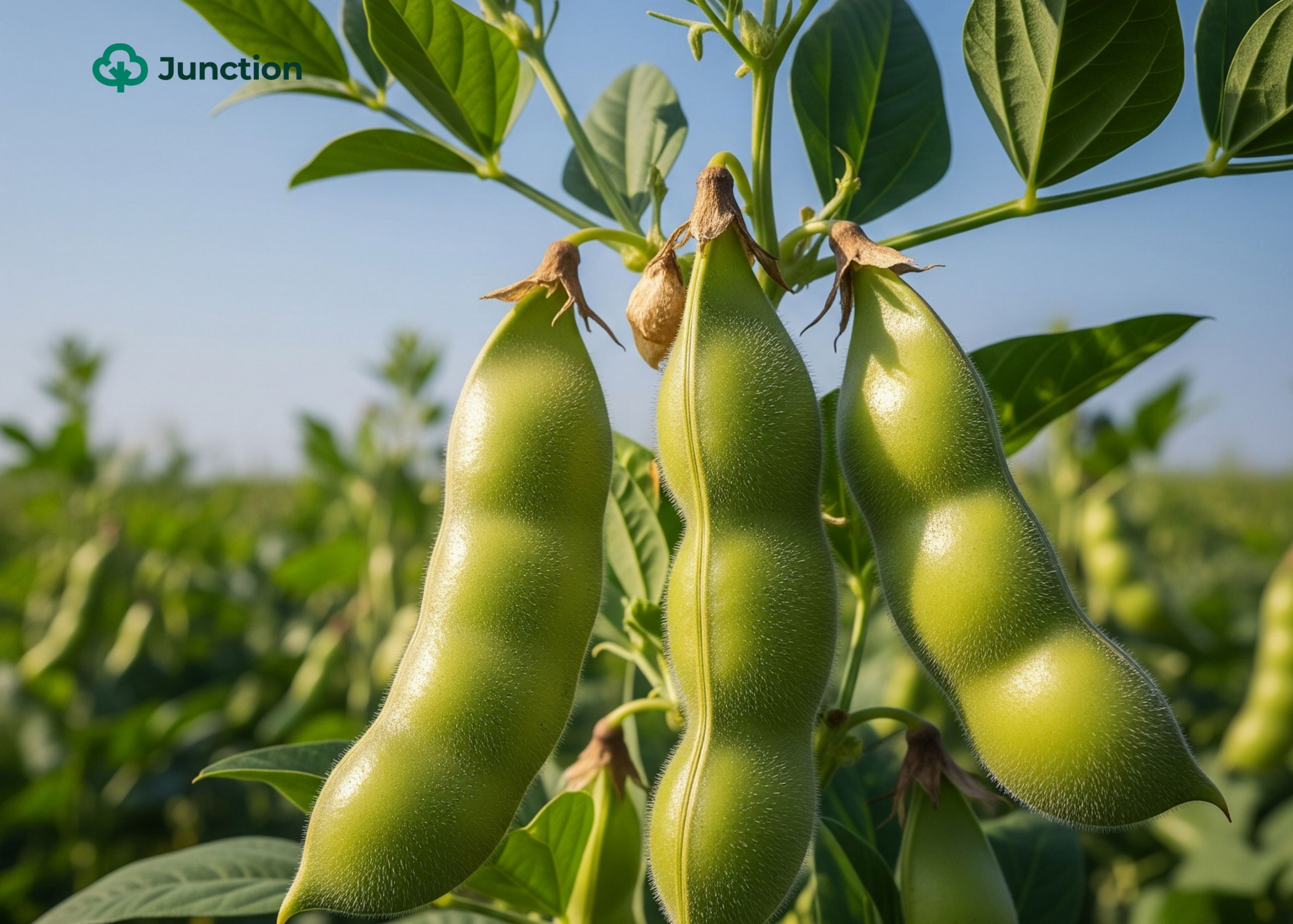News in brief:
– The Federal Government has pledged to promote agricultural biotechnology to tackle food insecurity and boost productivity, highlighting past successes.
– Farmers remain wary due to poor outcomes from GM cotton, urging for more transparency, research, and environmental safeguards.
The Federal Government has reaffirmed its commitment to promoting agricultural biotechnology in Nigeria, pledging to build public trust and strengthen policy support for biotech innovations. This was announced at a public lecture held in Abuja on Monday, May 26, 2025, hosted by the African Agricultural Technology Foundation (AATF), the National Biotechnology Research and Development Agency (NBRDA), and the University of Abuja.
Themed “Advancing Agricultural Biotechnology for Food Security and Economic Growth in Nigeria,” the event brought together policymakers, scientists, and agribusiness leaders to explore how biotechnology can address Nigeria’s pressing agricultural challenges, including food insecurity, pest infestations, and climate-related crop failures.
Dr Emmanuel Okogbenin of AATF noted that Nigeria, along with Kenya and Ghana, is leading in biotech crop commercialisation, citing successes with Bt Cotton, Bt Maize, and PBR Cowpea. He described these innovations as tools that can transform farming and improve rural livelihoods.
However, Nigerian farmers and stakeholders remain sceptical, particularly due to past experiences with genetically modified (GM) cotton. In 2018, cotton farmers welcomed GM seeds MRC 7377BG11 and MRC 7361BG11 with high hopes of boosting yields. But five years later, many report disappointing outcomes.
Anibe Achimugu, President of the National Cotton Association of Nigeria (NACOTAN), said GM cotton did not significantly outperform traditional varieties. Many farmers found the seeds costly and the results underwhelming.
Worse still, some farmers, like Abdulsalam Musa from Katsina, reported that land used for GM cotton became infertile for local seed cultivation in subsequent years, raising alarms about soil degradation and long-term environmental impact.
As Nigeria seeks to embrace biotech for food security and economic growth, farmers are calling for greater transparency, better research, and inclusive dialogue to ensure new technologies genuinely benefit rural communities.
Agribusiness owners are also advised to weigh both scientific promise and on-the-ground realities before investing heavily in GM crops.



